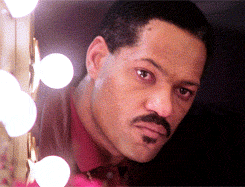Those findings are only in relation to what the secular rules and regulations deem 'basic', which were founded some two centuries ago (in the US, at least); whereas compulsory Jewish education was instituted prior the destruction of the Second Temple. Yeshivos have therefore always taught in accordance with the latter, a system consisting of two curricula: לימודי קודש (religious studies) and לימודי חול (secular studies). The very foundation of Jewish education is Torah, therefore לימודי קודש takes precedence from the beginning of one's years (cheder). The most important aspect of Jewish education is to be connected to Torah. However, that is not to say that לימודי חול is neglected; to the contrary. Aside from its own schedule, לימודי חול is part and parcel of לימודי קודש in terms of language, mathematics, literature, philosophy, law, and logic, all of which religious studies encompass. The only difference is that these subjects must never contradict the Torah (e.g., evolution or atheism), otherwise the curriculum is osur min halocha, forbidden by Jewish Law. Certain secular knowledge is useful for learning certain Torah topics, such as anatomy for sh'chitah (slaughter), or arithmetic for eiruvin (shabbat walking limit) and succah (temporary dwelling hut). This is done bdi'aved, meaning only to the extent that it is useful for one's Torah studies.







